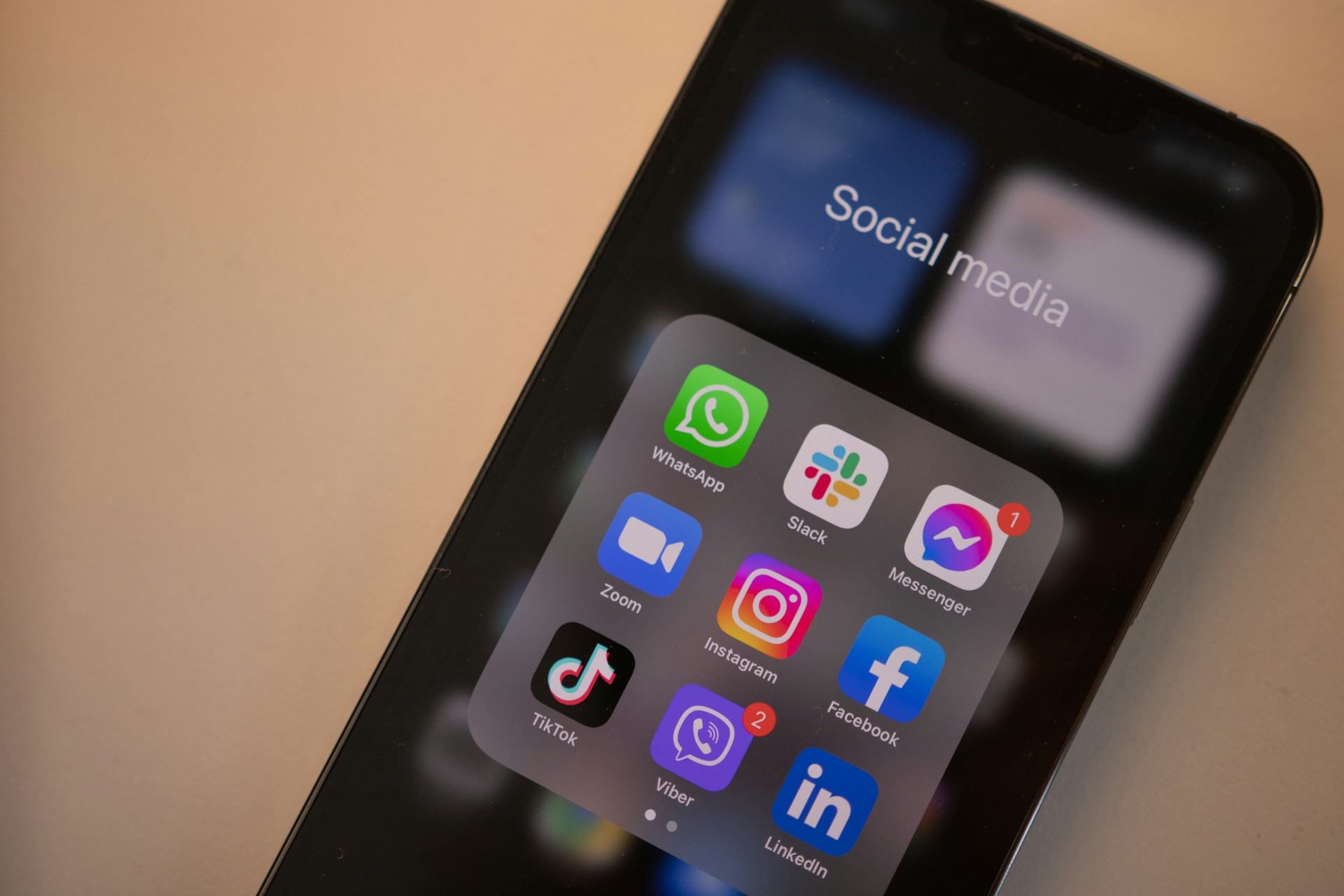A few months ago, Nigerian artiste, 1da Banton, logged into his TikTok account, which he rarely used, only to discover that one of his songs, “No wahala”, from his Original Machine Vibe album, was being used in videos captioned in French. Because he doesn’t understand French, he Google-translated the captions, then smiled at himself.
The Afro dancehall artiste’s song was being used in a TikTok challenge that would take his music straight to the ears of millions of fans around the world. Since the challenge began, “No wahala” has been used as a soundtrack in more than 190,000 videos and was at some point the second most Shazamed song in the world. The song is also charting in over 10 countries, including the UK, France, the Netherlands, Belgium, Switzerland, Uganda, and Kenya.
Speaking on the inspiration for the song, on a video call with TechCabal, from his Lagos apartment, 1da Banton said he set out to create a stress-free vibe and connect with people who just wanted to live their lives without worrying.
“When I recorded ‘No Wahala’, that was how I was feeling, so I put it into music. When my producer, Blaise Beats, played the beat for me, the only thing that came to my head was to write a song that talks about a stress-free life, not a love or party song. I just wanted to make music people could relate to; that no matter the situation or circumstance, you just have to live your life. So, I’m glad we achieved that.”
Born and raised in Port-Harcourt, 1da Banton, dropped his debut single in 2015. Since his debut, he has released one EP and collaborated with Ghanaian Afro Dancehall superstar, Stonebwoy.
“No wahala” means no stress in Nigerian pidgin, a language widely spoken in Port Harcourt.
The song is featured in videos of afro-dances; reactions or replies to challenges or questions, sometimes from a loved one or crush. Some of the funniest videos under the challenge feature videos of Nigerian social media influencers, James Brown and Idris Okuneye (popularly known as Bobrisky), dancing, kicking a football, or in the gym.
“My TikTok video on the ‘No Wahala’ challenge gave me my highest views and engagement on TikTok. I didn’t expect it,” said Yewande Daranijo, an aspiring actress whose first viral TikTok video has over 300,000 views through this challenge.
“I jumped on the challenge, and boom it went viral. I was really excited, and I’m glad I joined the challenge,” said Daranijo who joined the app about seven months ago. Before the challenge, Daranijo did not know about 1da Banton, but now she knows him and believes he will get his due now that a lot of people know his song.
1da Banton recalled that at the time his song was blowing up in France, he wasn’t a regular user of Tik Tok and was still finding his way around the app.
“So, ‘No Wahala’ doing so well on TikTok wasn’t me; it was people. I just gave them the song. From now on, it would be a great idea to follow up on TikTok because of the influence it has on music today.”
1da Banton explained that all of his social media—YouTube and Instagram—is growing: “Everyone is trying to check out who sang this amazing song, so all my numbers are going up.”
And as Nigerian artiste CKay did a few weeks ago, 1da Banton created a video on TikTok where he tried to claim ownership of the “No Wahala” sound. He might have been successful with that, but his dance skills in the video were questionable, an assessment he agrees to and laughs about.
“Up until now, a lot of people still don’t know that I am the owner of the song. It’s a gradual process. I just had to make that video as a part of the process. I’m not really a good dancer, but I still had to dance to the song. I needed them to understand that I am the original owner of the song.”
This year alone, TikTok has taken at least three African songs to the global stage, and it is making Africans feel represented. Somali singer Nimco Happy’s song, “Isii Nafta”, became an internet sensation, with celebrities like Cardi B, Trevor Noah, and Bella Hadid using the song in content. More than 100,000 videos have been created using the song. The viral song which switches between Swahili, English, Arabic, and Somali has left many Somalis celebrating the fact that their culture is in the global spotlight.
CKay’s “Love Nwantiti” also took over TikTok for weeks, earlier this year, with more than three million videos created using the song. As of September of this year, it was the most Shazamed song in the world and charting in 160 countries.
TikTok’s impact on music in Africa is growing and proving to be a massive support for artistes who may now create and strengthen the reach of their music beyond the continent, without a bank-breaking marketing campaign.




















